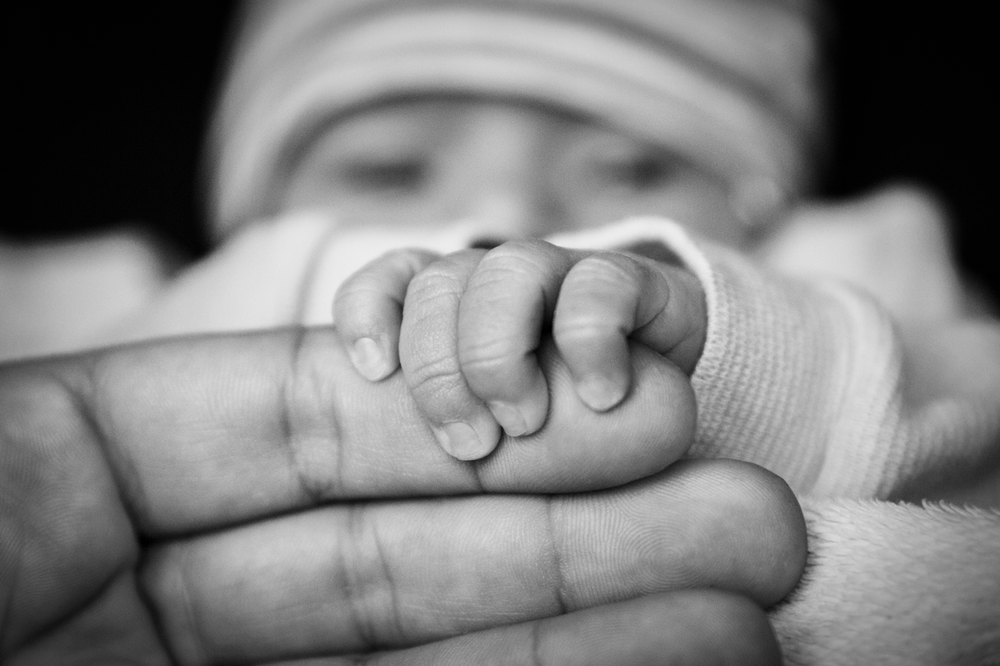
Montessori took note of of the “ancient” lineage of school, too stuck in its ways to change from within, and calls, instead for a “peaceful revolution,” overturning not only what we expect schools to do but the very concept of the institution itself.
Why do you, “Montessori?” Have you chosen Montessori for its academic achievements, impressed by the children reading and writing in early childhood or by those equation cards multiplying four digit numbers before the age of five? Is it because Montessori kids get into the right private schools, or because they seem to have fewer behavioral issues? Have you chosen Montessori because it helps to strengthen a child’s experience in traditional school?
Because yes, it does those things. But that’s not the point. That’s not the goal.
That a Montessori education also happens to prepare children to demonstrate initiative, self-regulation, literacy skills and mathematical acumen is a lagniappe, a little extra benefit above and beyond. We don’t, “Montessori” to advance the goals of traditional education, but to overthrow them.
We, “Montessori,” because we know there is more for us, as humans, as a humanity, than we have been able to create so far, and that we can only reach that horizon through a different kind of attention to the lives of children. We, “Montessori,” because we abhor war, because we seek justice, because we believe in equity, in human dignity, in peace. We, “Montessori,” because we see, humbly, the ways in which we have propelled social norms that protect institutions over individual life, in which children can be hungry, in which elders die in poverty, and we know we can be better. We know we can be better, and so we, “Montessori.”
Imagine how the institutions of school would look if, instead of measuring learners’ progress by their movement through textbooks and their performance on exams, we measured their ability to love. How would school look if we stopped assessing children by their ability to regurgitate and looked instead for their capacity to create? To challenge our thinking? To resolve conflict? To care not just for themselves and their own placement on competitive lists and rankings, but for each other, for us all? How would school look if we valued as highly the stewardship of the earth as the statistics of our GPAs?
Yes, a Montessori education prepares children well for the traditional institution of school, but it prepares them better for the development of the New Man. If it is true that most revolutions rely on desperation, the revolution Montessori proposes relies on hope, the steadfast belief that, although we can be quite successful against the most common measuring sticks of today, that success does little to change us for tomorrow. The revolution Montessori proposes insists that we can be more. Not just make more or earn more or control more, but create more, engage more, propel more, be more.
It becomes our mandate, then, as Montessori teachers and parents and advocates, to ask ourselves, every day, “Why do we, ‘Montessori?’” The answer first may be tied more to success in this system than to a commitment to the creation of a New Man. Start where you are. But if you believe, as I do, that we, “Montessori,” because we know there is more for us, as humans, as a humanity, than wee have been able to create so far, the academic success of children in your care is not enough. We need to be equally dedicated to the “care of the living,” in other places, to sharing what we know about children and their potential with other parents, to insisting to lawmakers and school heads and even our own children’s grandparents that we can be more, that the way we’ve always done things is why things still look the way they do. We need to blur the lines between home and school and society, “and so erect the new structure which civilization so badly needs.” That is, as Montessori reminds us, “the bright new hope for mankind.” Not just the ones in our care. Not just the ones in our school, or in our neighborhood, but in our humanity. We, “Montessori,” as an education for life. Immediately that means the life of the child in front of us. But we, “Montessori,” as an education for Life, for the lives of children beyond our small circles, for whom we are nonetheless responsible and on whom our future no less relies. The bright new hope for mankind.
* A response to Education for Life, The Absorbent Mind. M. Montessori
